Brazil's storied football legacy, once epitomized by its "jogo bonito" style and legendary players like Pele and Ronaldinho, is facing a period of introspection and change. The nation's football landscape has evolved significantly, prompting questions about its continued dominance in the sport.
The decline of street football, where many Brazilian greats honed their skills, is cited as one contributing factor. With open spaces giving way to urban development, fewer children have access to the grassroots football experience that was once ubiquitous. The shift to synthetic pitches, seen as less conducive to developing technique compared to traditional rough fields, further complicates matters.
Moreover, Brazil's playing style has evolved, with some lamenting a shift towards a more "mechanical" approach. This change has been attributed to various factors, including a decline in creativity and joyfulness in the game. Sedentary lifestyles and screen addiction among the youth have also impacted training and development, reflecting broader societal shifts.
Despite these challenges, Brazil continues to produce talent and export players globally. However, there's a perception that the quality of Brazilian football has declined, with fewer standout stars emerging in recent years. Nonetheless, clubs like Palmeiras have seen success on the international stage, signaling ongoing potential.
Meanwhile, grassroots initiatives like fan clubs in favelas aim to preserve the spirit of Brazilian football, providing a sense of community and belonging amid changing dynamics. These efforts underscore the enduring passion for the game in Brazil, even as the football landscape continues to evolve.





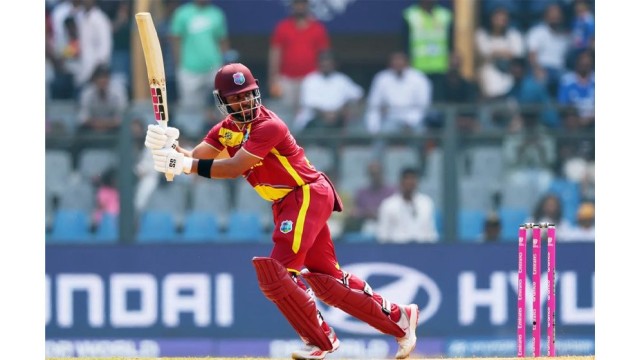

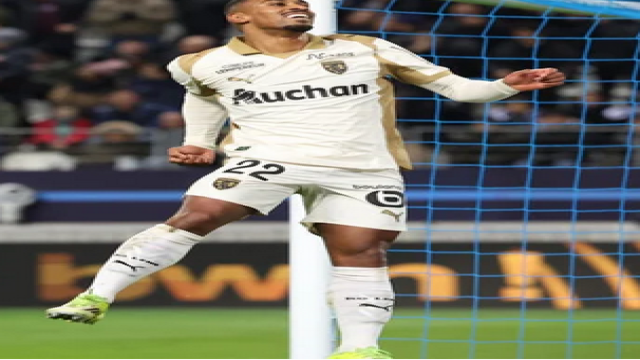
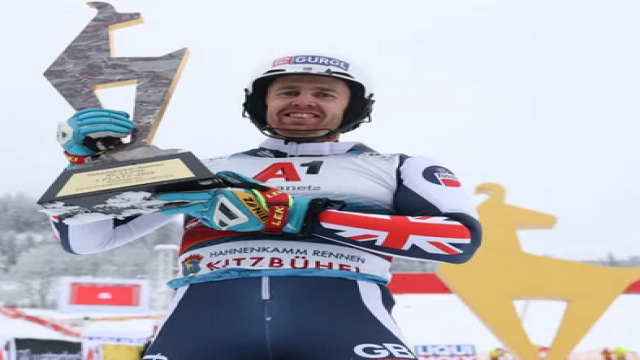
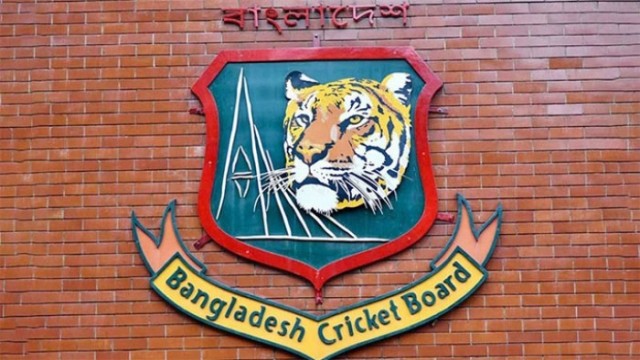

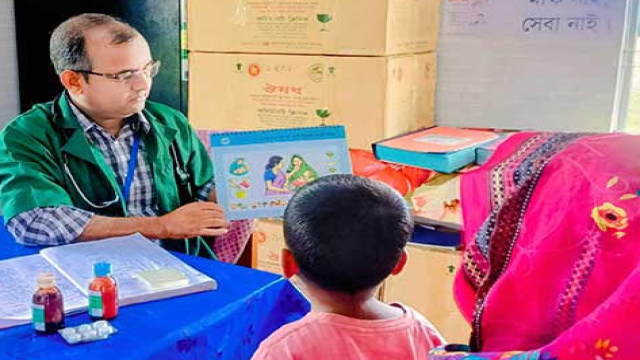



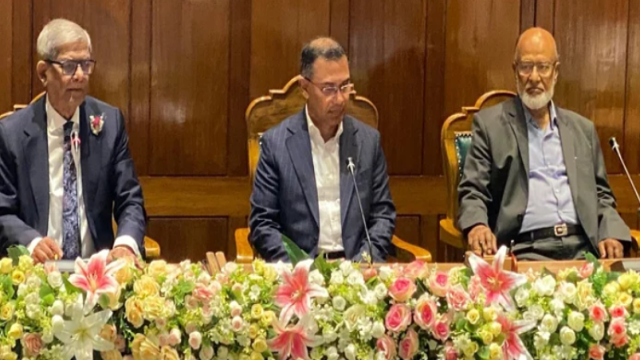

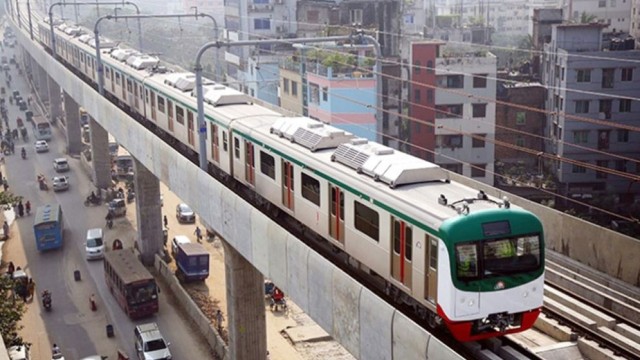













Comment: